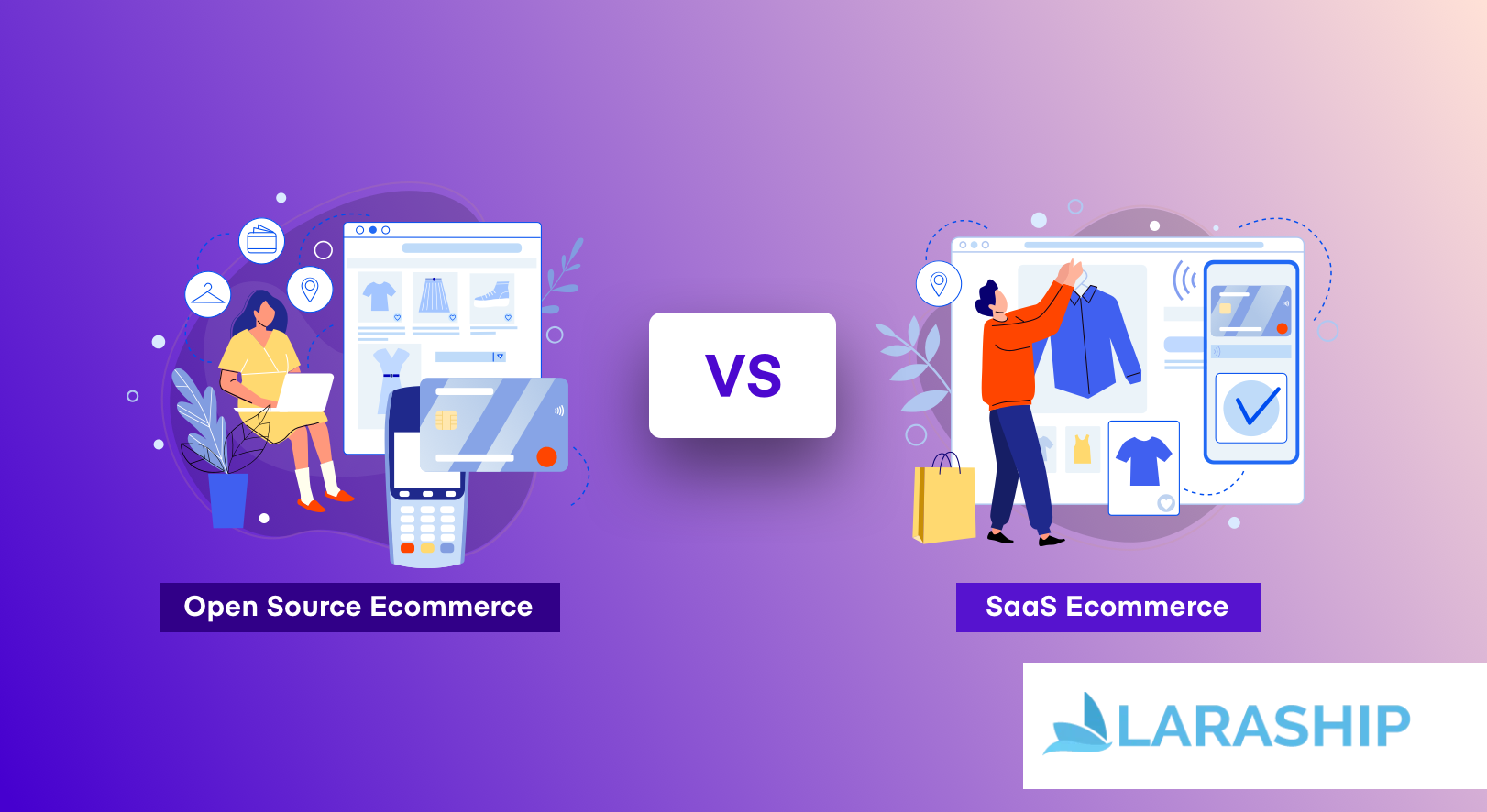Self Hosted vs SaaS, Which to Choose ?

Introduction
When hosting an eCommerce platform, businesses have two main options: self-hosted or SaaS (Software as a Service). In this essay, we will discuss the advantages and disadvantages of each option.
Self-hosted eCommerce:
Self-hosted eCommerce platforms give businesses complete control over their eCommerce platform. They are installed on a server owned and maintained by the business or a third-party hosting provider. Self-hosted eCommerce platforms offer several advantages, including:
Advantages:
- Customizability: Self-hosted eCommerce platforms are highly customizable, allowing businesses to create a unique storefront and customize the platform to their specific needs.
- Control: Businesses have complete control over the eCommerce platform, including the ability to choose their hosting provider, server location, and security measures.
- Cost-Effective: Self-hosted eCommerce platforms can be more cost-effective in the long term as there are no monthly or annual subscription fees.
Disadvantages:
- Technical Expertise: Self-hosted eCommerce platforms require technical expertise to set up, maintain, and troubleshoot issues.
- Security: Businesses are responsible for their eCommerce platform’s security, including server security, SSL certificates, and PCI compliance.
- Upgrades and Maintenance: Businesses are responsible for upgrading their eCommerce platform to the latest version and maintaining the server and software.
SaaS eCommerce:
SaaS eCommerce platforms are cloud-based platforms where the eCommerce software is hosted on the vendor’s servers. Businesses access the platform through a web browser and pay a monthly or annual subscription fee. SaaS eCommerce platforms offer several advantages, including:
Advantages:
- Easy to Use: SaaS eCommerce platforms are generally easy to use and require little technical expertise to set up and maintain.
- Scalability: SaaS eCommerce platforms are highly scalable and can handle large volumes of traffic and transactions.
- Security: SaaS eCommerce platforms are responsible for the platform’s security, including server security, SSL certificates, and PCI compliance.
Disadvantages:
- Limited Customization: SaaS eCommerce platforms have limited customization options compared to self-hosted eCommerce platforms.
- Dependency: Businesses depend on the SaaS vendor for upgrades, maintenance, and support.
- Cost: SaaS eCommerce platforms can be more expensive in the long term due to monthly or annual subscription fees.
Conclusion:
Choosing between a self-hosted or SaaS eCommerce platform depends on the business’s needs and resources. Self-hosted eCommerce platforms offer greater customization and control but require more technical expertise and security measures. SaaS eCommerce platforms offer ease of use, scalability, and security but are less customizable and can be more expensive in the long term. Businesses should carefully evaluate their needs and resources before selecting an eCommerce platform.


